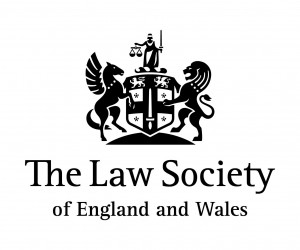
About the Author
Nicholas Fluck
President, The Law Society of England and Wales
It may sound clichéd to talk of the ‘special relationship’ but it’s difficult to exaggerate how important the United States is as a destination for UK law firms and their clients. Many of our members have set up offices there and many more have a US desk or referral networks driving transatlantic business. Hundreds of solicitors are based in the US, whether practising English law as a Foreign Legal Consultant or taking the bar to qualify locally.
But barriers remain for our members. Not all US states offer the option for solicitors to register to practice English law, and few have rules for a temporary practice. Not all states allow solicitors to take the state bar exam and even if they do, some require additional study if they do not have a law degree. A ban on non-lawyer ownership in all but one state means law firms that have converted to an Alternative Business Structures (ABS) will find it difficult to establish a US presence.
We want the TTIP negotiators to be ambitious in their aspirations. This means agreement on rules on establishment and temporary practise in all 50 states, access to the bar exam for solicitors in all 50 states regardless of their route to qualification, and a proportionate resolution to the issue of firm structures.
It will not be easy. The profession in the US is regulated at state level so negotiations and discussions must include state regulators in order for US commitments on legal services to be genuine, effective and binding. Even more challenging is the lack of a liberalised legal services market domestically with the rules for US lawyers varying on a state-by-state basis.
And what about US lawyers and law firms in Europe? In England and Wales, we offer a relatively open market with US firms making up around half of the 200 or so foreign law firms established here. US lawyers can go into partnership with solicitors and the Qualified Lawyers Transfer Scheme offers a fast track route to dual qualification for most US-qualified lawyers. However, different EU jurisdictions have different rules in place and the US is keen to see more uniformity across Europe.
TTIP offers a great opportunity to deliver an improved trade in legal services and we are talking to our counterparts across the EU and in the US to put forward our vision for legal services commitments during the negotiations.

Leave a Reply
You must be logged in to post a comment.